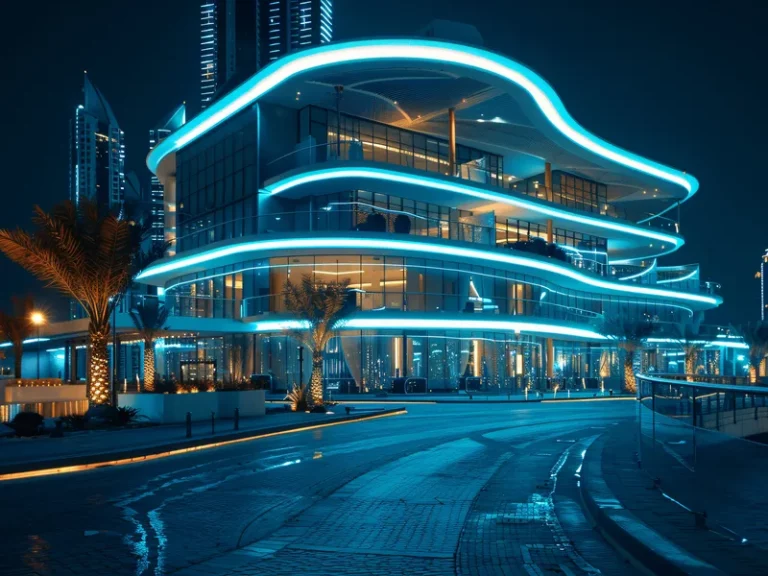The hospitality sector has become one of the most data-driven industries. From digital check-ins and mobile keys to cloud-based booking engines and smart rooms, every part of the guest journey now runs through interconnected systems. That convenience, however, has created an unexpected consequence: hotels, resorts, and travel brands are now high-value cybersecurity targets.
Unlike retail or banking, hospitality does not just handle transactions; it stores identity, behavioral history, travel patterns, and personal preferences. When that data is exposed, the breach is more than a headline. It erodes the trust that hospitality business models are built on.
A Service Industry with a Cyber Target on Its Back
Hotels process sensitive information every minute: passports, credit cards, loyalty accounts, corporate bookings, and even physical room access records. Cybercriminals know that this data is valuable and that many hospitality systems were designed with guest experience first and second security.
What makes the sector even more vulnerable is fragmentation. A single hotel can run dozens of third-party platforms, from property management and booking systems to payment gateways, door locks, and smart devices. One weak vendor or outdated integration can create an opening that affects every guest in the database. In hospitality, an attacker does not need to breach the brand, only the smallest exposed system connected to it.
When Cyber Incidents Turn into Guest-Facing Failures
Breaching hospitality is rarely invisible. If a hotel reservation platform is encrypted by ransomware, guests cannot check in. If key card systems go offline, rooms become inaccessible. If POS terminals are compromised, restaurants and spas will not be able to process payments. Cyber incidents in this industry are not only digital; they disrupt physical operations in real-time.
The reputational impact is just as damaging. Guests expect safety and privacy to be built into their stay. One breach can turn a trusted brand into a cautionary headline shared across social platforms and travel forums. In a competitive market, recovering lost trust costs more than recovering stolen data.
Securing a Fast-Moving, Always-Connected Guest Ecosystem
Hospitality networks never stop running, and that leaves little room for traditional “once-a-year” security practices. As properties adopt IoT amenities, cloud automation, and mobile service platforms, the industry needs a cybersecurity strategy that protects every layer, from guest Wi-Fi to backend infrastructure.
That requires more compliance. Hotels must separate guest and operational networks, monitor threat activity in real time, validate every external vendor connection, and secure endpoints that move constantly between properties and devices. The goal is not only to prevent breaches, but to ensure operations can continue even when threats strike.
The Future of Hospitality Is Digital and So Is Its Risk Surface
Hospitality leaders are investing in personalization, automation, and smart experiences. But as the industry becomes more connected, cybersecurity becomes the new foundation of guest confidence. The brands that succeed will be the ones that treat security as part of the experience, not an afterthought behind it.
Terrabyte supports hospitality organizations in building resilient digital environments that protect both guests and operations. Through intelligent threat visibility, secure architecture design, and proactive defense strategies, Terrabyte enables hotels and travel providers to deliver what every guest expects, not just comfort, but confidence.




